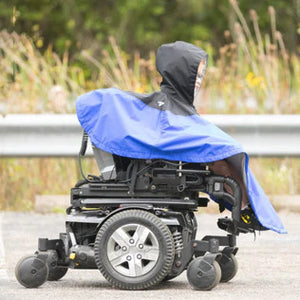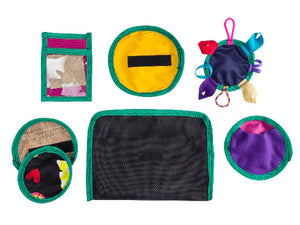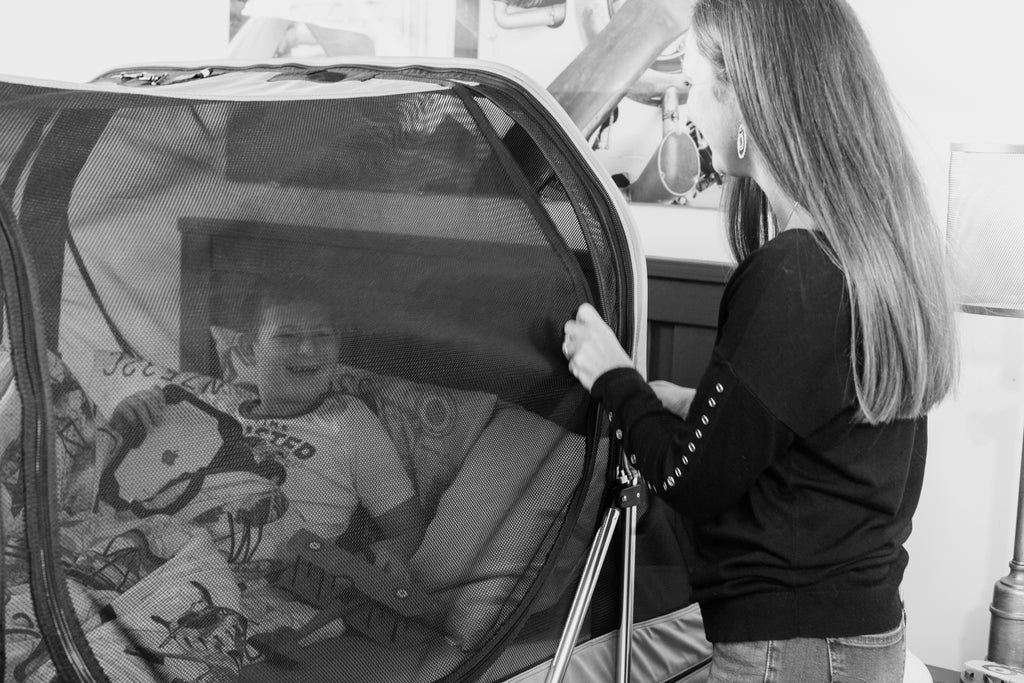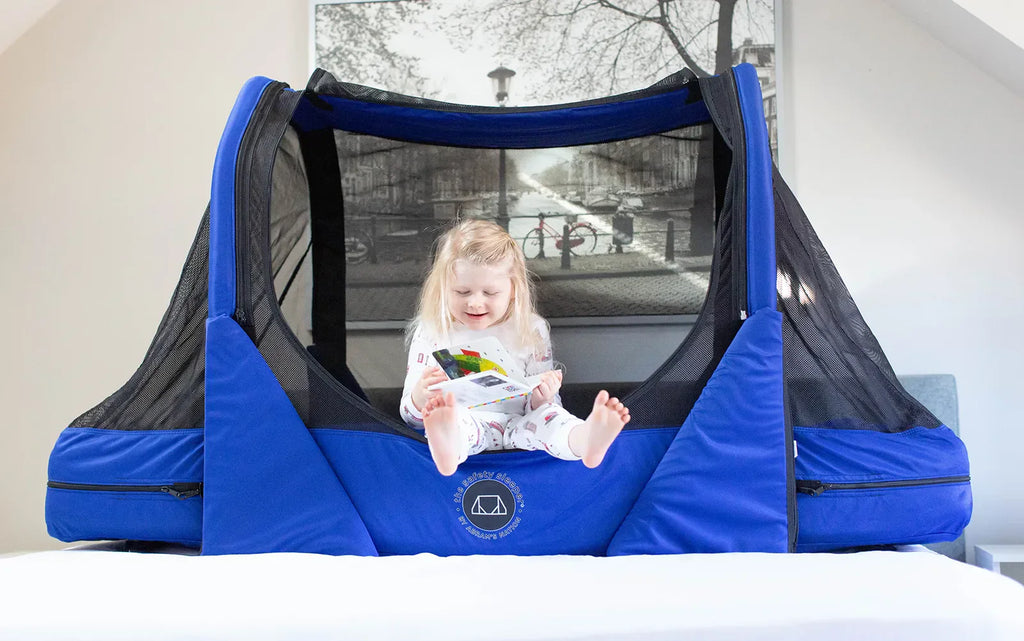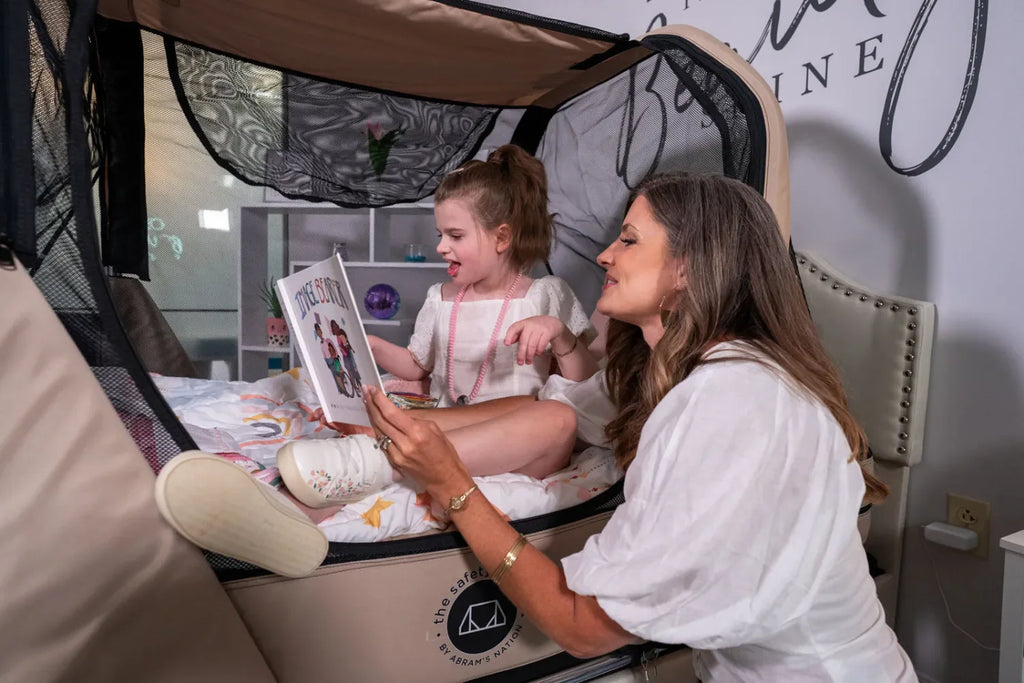Night wandering, also referred to as eloping, is quite common among children with special needs—especially those with autism spectrum disorder.
Elopement is a stressful ordeal. Under the worst circumstances, your child could run away without any supervision, meaning they could slip into traffic, the woods, or anywhere else that would make them difficult to find or put them in immediate danger.
By better understanding night wandering, however, you can better prevent it. And that can keep your child safe!
The Dangers of Night Wandering
We can generally split the dangers of night wandering into two separate categories:
- Physical Danger for the Child - When left unsupervised, a child could fall into a wide variety of unsafe scenarios. In one case, we heard of a child who slipped out at night and was eventually found by a neighbor. In another case, a child drowned after escaping the family tent in the middle of a camping trip. A child could also get trapped outside in the cold, get lost in the wilderness, get picked up by a stranger, step into traffic, fall down some stairs—the list goes on and on!
- Physical Danger for Others - Of course, a small child can also put others in danger as well. Inside the house, a child could play with the microwave, an oven, or an outlet—all of which can have disastrous outcomes for the entire family. But a child can also indirectly harm others. By stepping into traffic, a child can force drivers into swerving erratically. Even search parties are subjected to a variety of hazards while looking for lost children!
Elopement can quickly become extremely dangerous, so it’s important to understand what causes night time wandering with your child.
What Causes Elopement and Night Wandering?
A variety of different factors can cause night wandering in children with special needs. That includes:
- Restlessness - If your child isn’t tired at the end of the day, he or she may be less willing to stay in bed before falling asleep.
- Feelings of Being Overwhelmed - This is a common cause of wandering during the day or even at school, and it can also happen at night. If your child had a stimulating day, is annoyed by the bright lights coming through their window, or finds themselves distracted by loud music coming from the neighbor’s house, they may want to wander away from the house to find a quieter, less stimulating refuge.
- Desire for A Favorite Place - A desire to be somewhere else, like at the park or a relative’s home, can be tempting enough for a child to sneak out of their room.
- Desire for A Favorite Toy - A longing desire for a favorite toy can also tempt a child to sneak out of the room. That bike in the garage or swing in the backyard could entice your child to slip outside undetected.
- Changes In Medication - A change in medication could make your child restless, bold, or curious—which may tempt them into stepping outside.
- Responses to Unwelcome Changes - Your child may also act out if they are struggling to adjust to a major change, like a new pet, a new house, or any other significant alteration to their day-to-day life.
Learning what causes your child’s night wandering can help you prevent it from happening in the future, which we’ll talk about next.
Preventing Night Wandering And Elopement
Here are a few ways you can potentially prevent elopement in the future:
- Keep a detailed journal. You should write down the details of every instance in which your child runs off—both during the day and at night. Be sure to log:
- The date and time of day
- What your child was running to or from
- What stressors may have been present that day or immediately before they eloped
With this data, you can begin looking for patterns.
- Install child-proof doors and windows. Child-proof doors and windows can give you extra peace of mind all night long, especially if you’re not comfortable placing a lock on the outside of your child’s bedroom.
If you do install locks on the windows and doors, be sure the key is placed somewhere secure, where your child cannot access it.
- Install alarms to alert you when a window or door opens. If you choose the alarm route, be sure it’s loud enough to wake you up at night! In some cases, these alarms will even connect to your phone—so you receive notifications when a window or door opens.
- Praise or reward your child for not eloping. Positive reinforcement can help your child learn to stay safely in their room all night!
- Use a fully enclosed safety bed. A fully enclosed safety bed can keep your child safely in their bed all night long without physically restraining them. Plus, the size and construction of an enclosed safety bed can help reduce noise and light—factors that have caused some children to refer to The Safety Sleeper® as their “safe place.”
Other Action Steps You Can Take
The following steps aren’t preventative measures, but they can help if your child runs off:
- Teach your child to recite their name, their address, and your phone number. If they’re found on the side of the road or deep in the city, this information can help get them home (and get you notified about their whereabouts).
- Keep an emergency kit together. This kit is designed to help rescue workers look for your child. It should contain:
- A recent photo of your child
- Caregiver contact information
- A list of your child’s favorite places (especially those that they could potentially walk to)
- A list of your child’s medical needs, such as medications they take regularly
- Alert your neighbors. If your child is prone to night wandering, let your neighbors know. They can be on the lookout at night before they go to bed.
Learn More About Fully Enclosed Safety Beds That Prevent Night Wandering
A fully enclosed safety bed like The Safety Sleeper® can help you prevent your loved one from night wandering.
Learn more by reading our history of developing great products for kids with special needs, or contact us!








